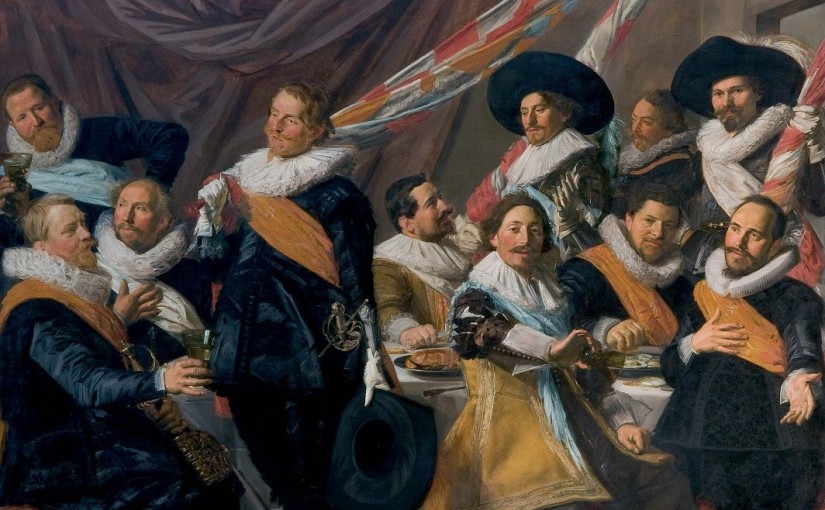We warmly invite postgraduate researchers and ECRs to submit proposals for this symposium, to be held at the University of Birmingham and sponsored jointly by Midlands4Cities/University of Nottingham and the Centre for Reformation and Early Modern Studies at the University of Birmingham.
In recent years, scholars have identified the concept of sociability as a fruitful avenue of research. Indeed, the practices of sociability were central to the functioning of early modern society, whether this was in elite, middling, or popular company; as a man or woman; at the royal court or an alehouse; or as a Protestant or Catholic.
This conference aims to explore more broadly the character and the motives behind diverse forms of sociability, its mechanisms and spaces, and the contexts in which they emerged. To what extent did sociability change during a period that witnessed significant economic, political, religious, and social upheaval?
Potential topics could include, but are no means limited to:
– Sociability, power and politics
– Places and spaces of sociability
– Perceptions of good and bad sociability
– Sociability and identity
– The material culture of sociability
– Sociability and the politics of inclusion and exclusion
– Formal and informal sociability
– Male and female sociability
– The sociability of minority or persecuted groups
– The methodologies of mapping early modern sociability
Keynote speakers: Dr Felicity Heal, University of Oxford, and Professor Phil Withington, University of Sheffield.
Please submit abstracts of 250 words (for papers of 20 minutes) to the organisers, Sophie Cope and Thomas Rose, by Friday 19 April 2019. Please send to ahxtjr@nottingham.ac.uk
Image: The Banquet of the Officers of the St George Militia Company in 1627 by Frans Hals. Wikimedia Commons
